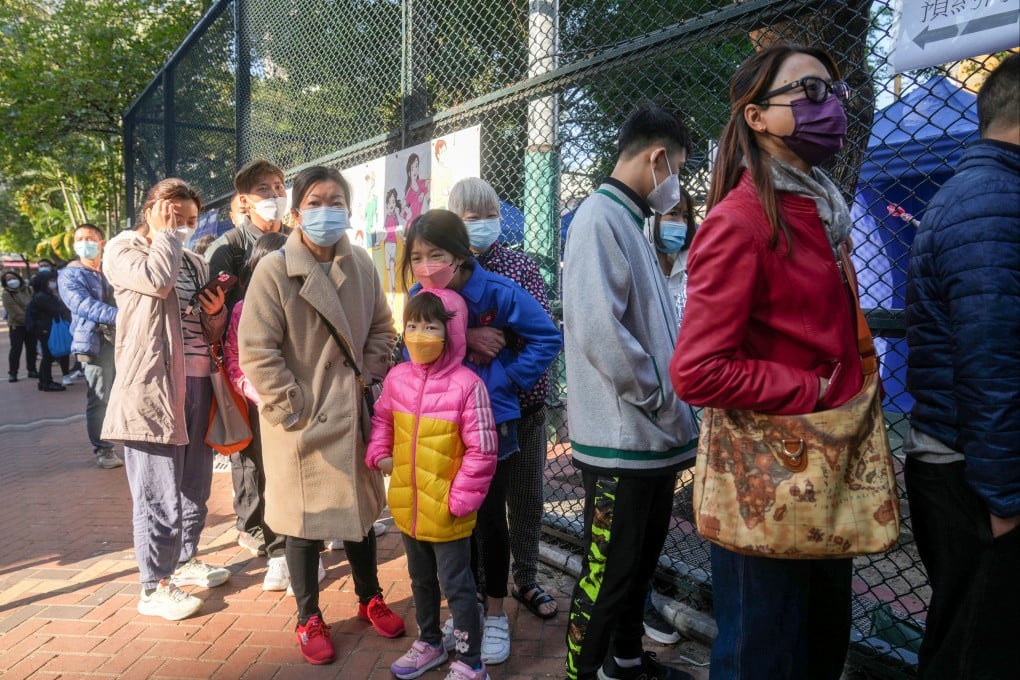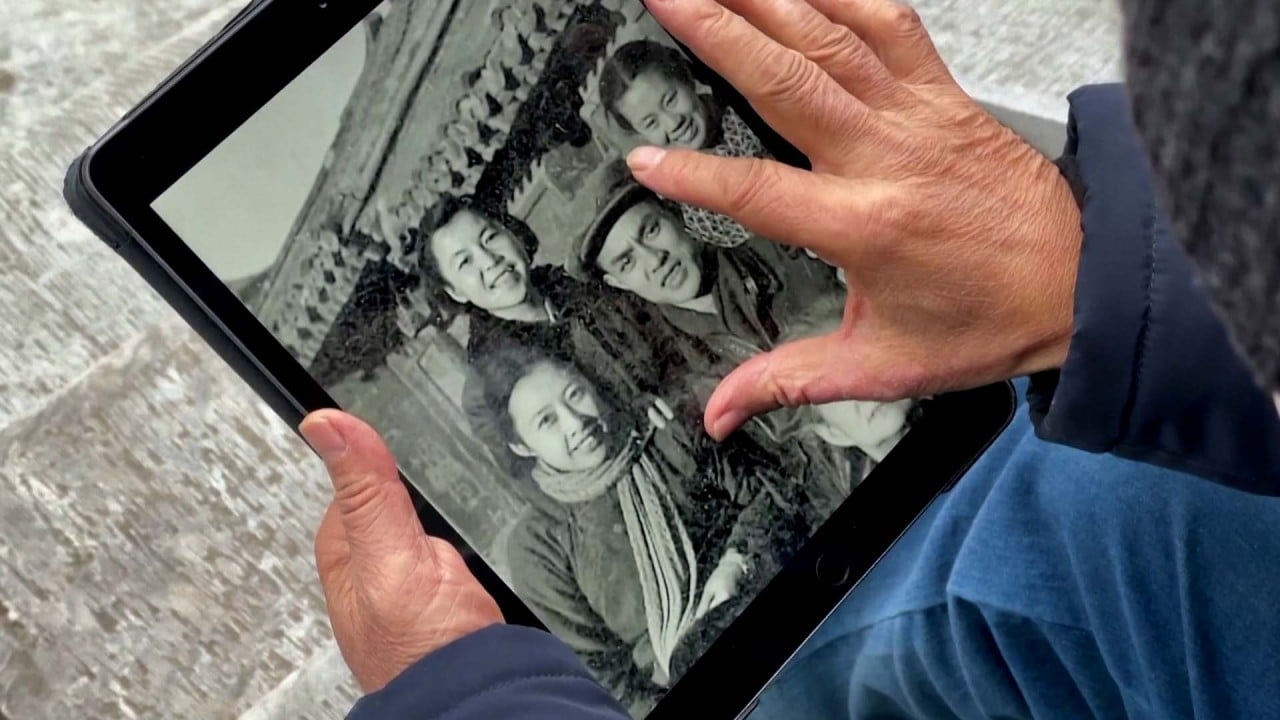Editorial | End of Hong Kong isolation does not mean goodbye to vaccines and masks
- Move comes as city’s hybrid immunity from Covid-19 jabs and previous infection grows, but there are still health measures to follow

Hong Kong’s exit from zero tolerance of Covid-19 has been one of starts and stops. The end is in sight, after the scrapping of mandatory isolation of those who test positive for the coronavirus from January 30.
Isolation of infected people along with the quarantine of travellers, abandoned in September, once formed twin pillars of a scientific response to the pandemic. But they had long set Hong Kong apart from a world that had moved on, except for the rest of China.
Now even the mainland has announced an end to isolation for patients as part of a radical downgrading of the disease as a public health threat.
Chief Executive John Lee Ka-chiu hailed the scrapping of the five-day isolation mandate as a necessary step for the city to return to normality, which is key to economic recovery. Symbolically it is probably the most significant.
Isolating infected cases is now work that is never done. They are endemic in the community – often asymptomatic or mild, widely undetected and, as hybrid immunity from vaccination and previous infection grows, increasingly benign.


